Search Results
WASH Systems Strengthening
About Ensuring WASH services last requires holistic thinking and strong systems. These resources, many of which were designed in partnership with Water for People and IRC, aim to help practitioners apply systems thinking to designing and implementing WASH interventions. This page is updated on a regular basis by PRO-WASH & SCALE Award. If you are interested in learning more about the resources on this page or would like to share your own resources, please contact PRO-WASH & SCALE at ( prowashandscale@savechildren.org) Please visit the PRO-WASH & SCALE page to learn more about additional capacity strengthening, knowledge-sharing, and applied research opportunitiesWASH and Nutrition
About The resources listed below are on WASH & Nutrition and the role that WASH can play in addressing the many sources of infection. The page is updated regularly by the PRO-WASH & SCALE Award. If you are interested in learning more about the resources on this page or would like to share your own resources, please contact PRO-WASH & SCALE at ( prowashandscale@savechildren.org). Please visit the PRO-WASH & SCALE page to learn more about additional capacity strengthening, knowledge-sharing, and applied research opportunities. Resources and Materials UNC Water and Health Conference Side Event 2023 This section includes resources from theMonitoring, Evaluation, and Learning for Inclusive Economic Growth
This course on Monitoring, Evaluation and Learning for inclusive economic growth will show how to measure and use results when working in food security and livelihoods. It answers questions like: What should we be measuring? What is ‘good enough’ measurement, and how do we attribute change to programs? And how do you get decision-makers to change their minds? Click here to find out more and sign up. These courses are designed for online learning, with interactive videos, webinars, and exercises. Courses last four weeks, will take approximately one day of work per week, and can easily be combined alongside a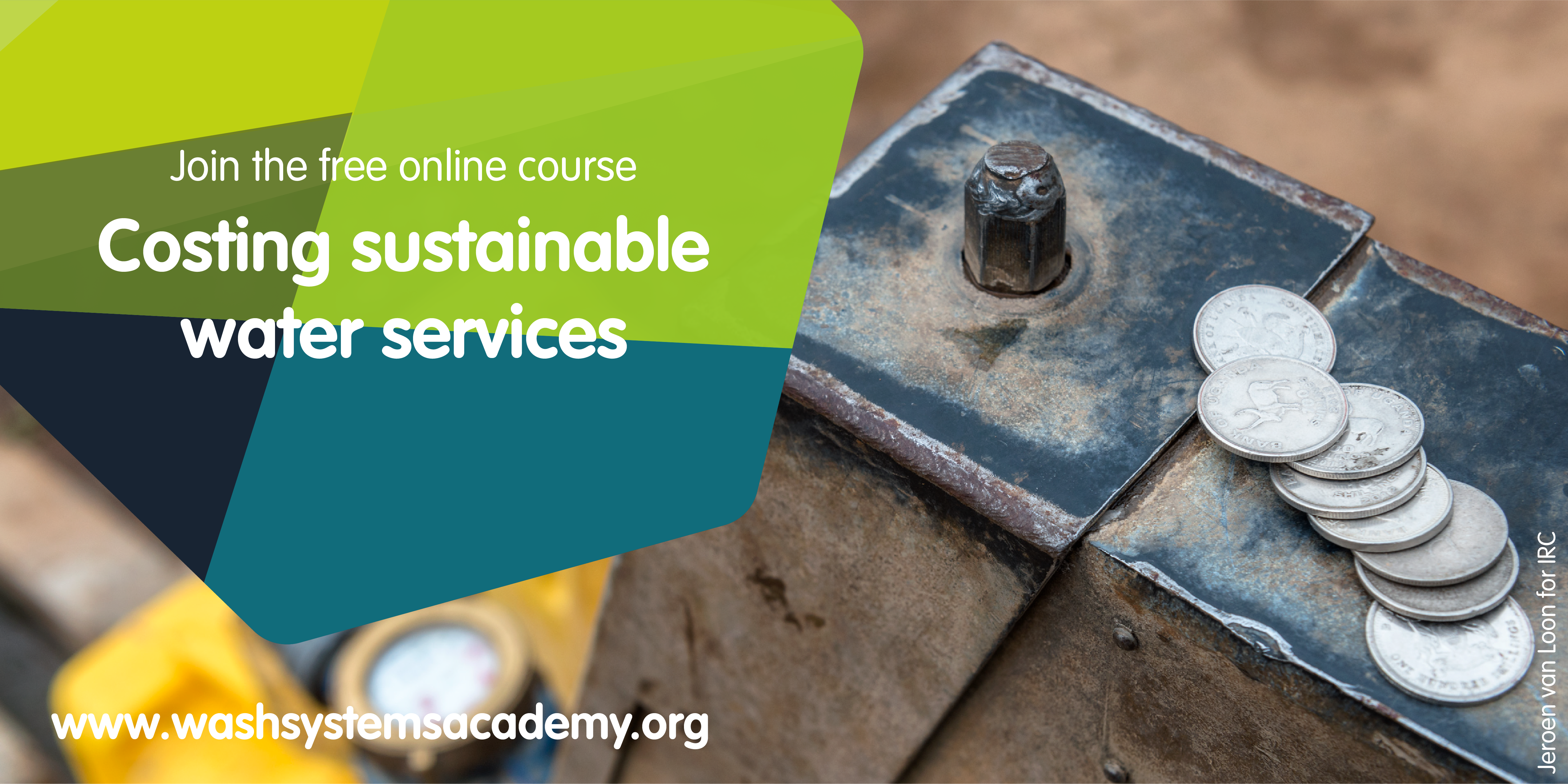
Life Cycle Costing Tool
Authors:
PRO-WASH
Sector Type:
Water, Sanitation, and Hygiene
Year Published:
2023
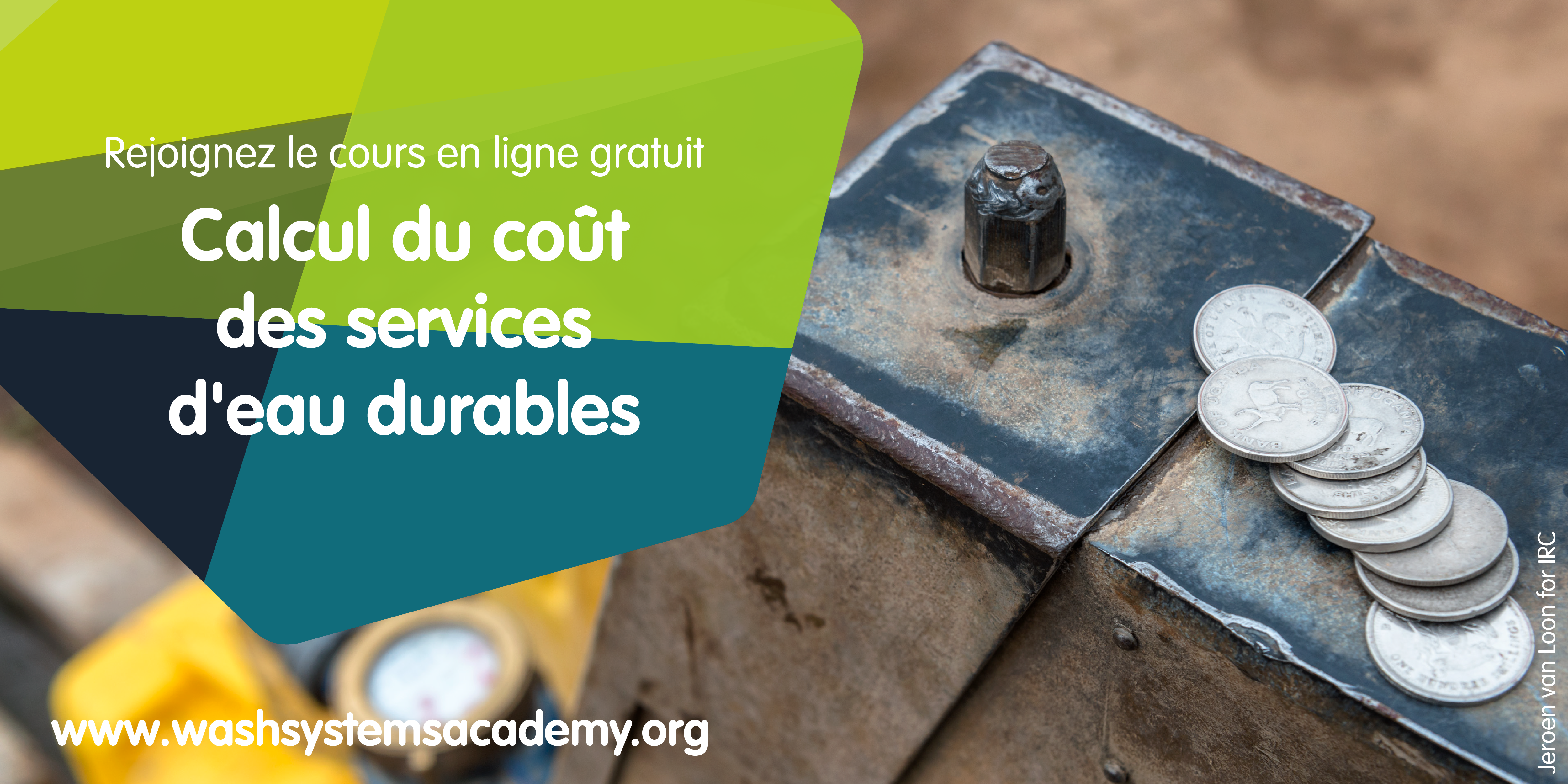
Outil d'établissement des coûts à long terme
Authors:
PRO-WASH
Sector Type:
Water, Sanitation, and Hygiene
Year Published:
2023
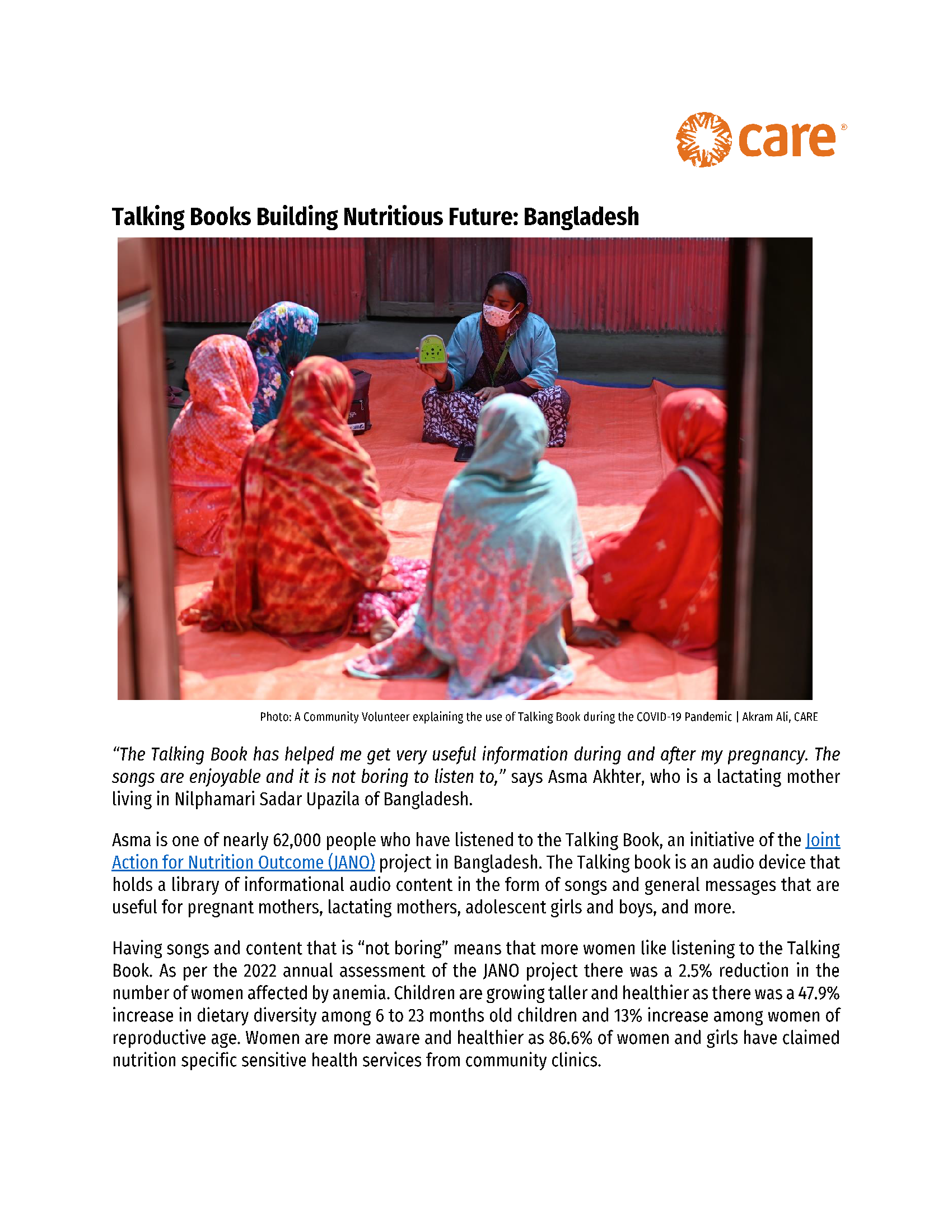
Talking Books Building Nutritious Future: Bangladesh
Authors:
CARE
Sector Type:
Maternal Child Health and Nutrition |
Social and Behavior Change
Year Published:
2023
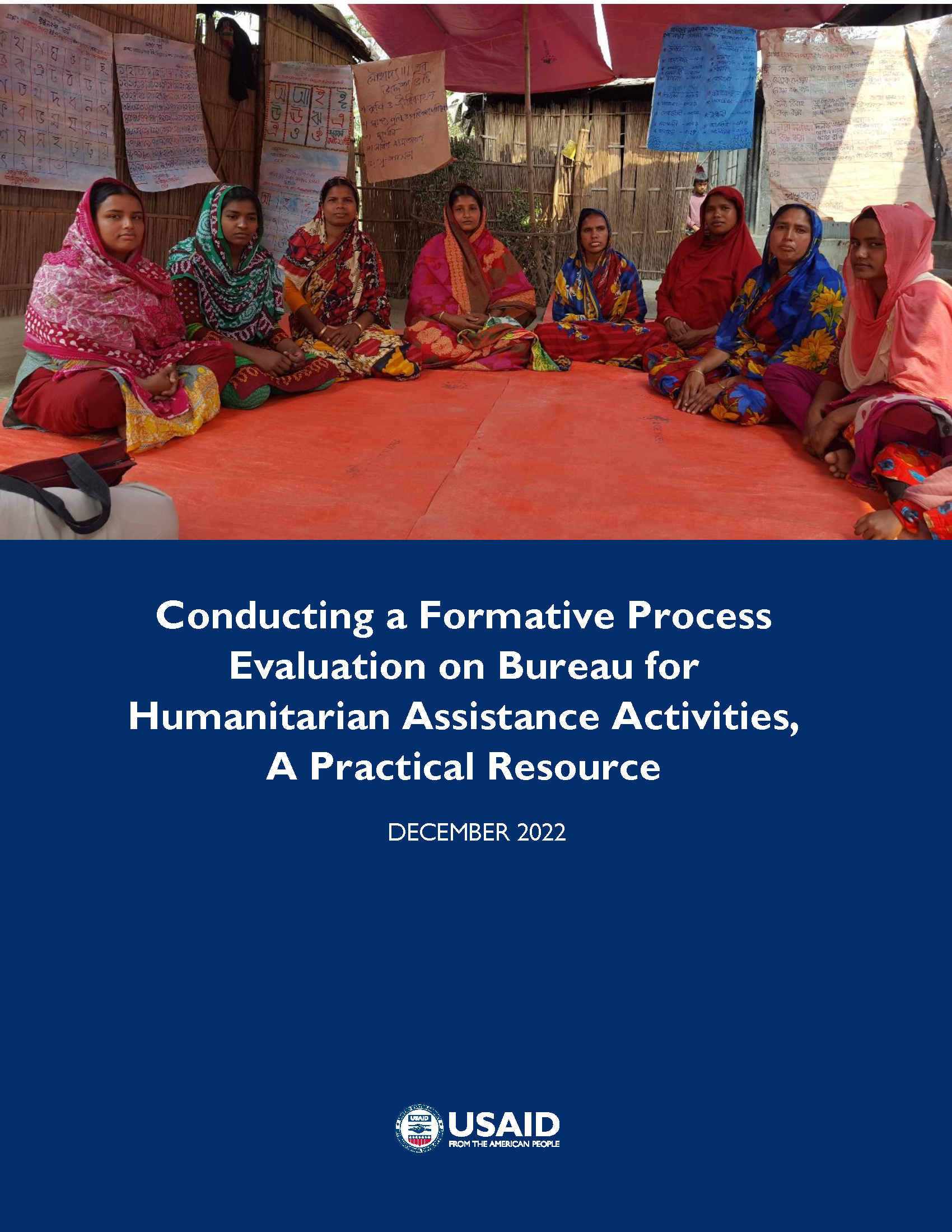
Conducting a Formative Process Evaluation on Bureau for Humanitarian Assistance Activities, A Practical Resource
Authors:
USAID Bureau for Humanitarian Assistance
Sector Type:
Program Design and Management
Year Published:
2022
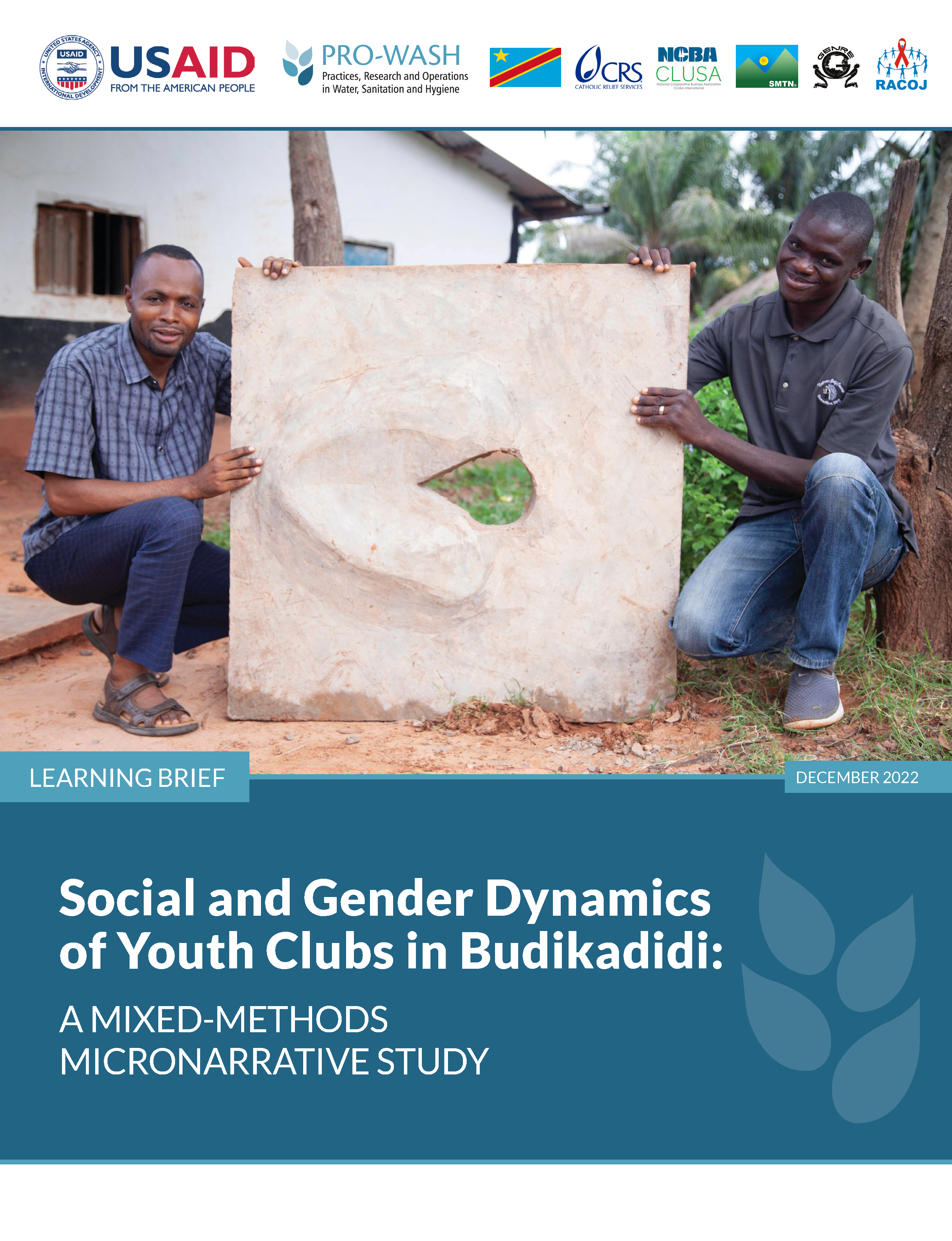
Social and Gender Dynamics of Youth Clubs in Budikadidi: A mixed-methods micronarrative study
Authors:
PRO-WASH
Sector Type:
Water, Sanitation, and Hygiene
Year Published:
2022